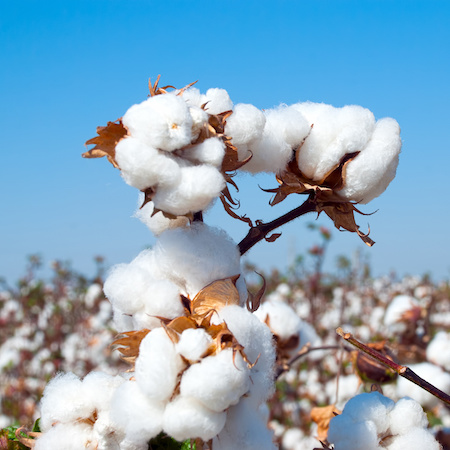A review to identify the risks of modern slavery within the NHS supply chain, and build a more ethical and reliable health system has been published by the Department of Health and Social Care. Undertaken by NHS England and NHS Supply Chain Coordination, the review identified the five most at risk product groups for modern slavery as surgical instruments, gloves, gowns, uniforms and face masks.
Cotton supply chains are at a particularly high risk of forced labour because of the seasonal, low-paid nature of cotton picking, with examples of forced labour recorded in several countries including China and Turkmenistan. Roughly 10% of the 600,000 products in the NHS Supply Chain catalogue contain cotton in one form or another, for example, dressings, wound care, uniforms, wipes, hygiene products, furniture and cleaning products.
Regionally, specific areas of concern are Xinjiang Uyghur Autonomous Region of China and the Sialkot region of Pakistan – the latter being the origin for the production of the majority of surgical instruments used within the NHS.
Among the recommendations of this review are developing plans to upskill NHS staff and the supply chain on modern slavery risks, introducing measures to standardise risk assessment, embedding modern slavery due diligence in the procurement process and improving supply chain mapping capability.
In delivering the recommendations of the review, DHSC will work in partnership with NHS England and NHS Supply Chain to:
• Lay new regulations, as required by section 81 of the Health and Care Act 2022, which set standard rules for procurement of healthcare products and services
• Develop a cross-government response to map supply chains to improve knowledge and identify where action must be taken
• Enable NHS staff to better understand and address modern slavery risks.
About this review
Section 47 of the Health and Care Act, which came into force in April 2022, mandates a comprehensive review by the Secretary of State for Health and Social Care to assess the potential risks of slavery and human trafficking within NHS Supply Chains. The review scrutinised 1,361 suppliers from within the UK and overseas, and encompassed around 600,000 products focusing predominantly on medical devices and consumables, including approximately 30,000 cotton-based items. It did not include services, digital or pharmaceuticals.











